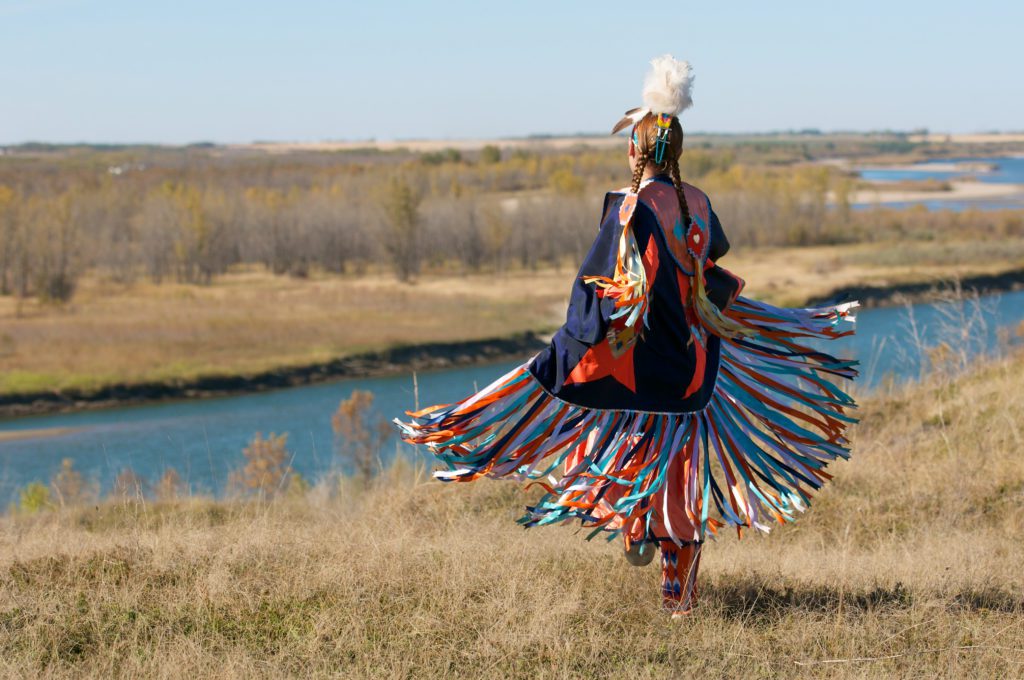“This we know; The earth does not belong to man; man belongs to the earth. This we know, all things are connected like the blood which unites one family. All things are connected.”
—Chief Si’ahl, Namesake of the City of Seattle, Leader of the Suquamish and Duwamish people
Land acknowledgment is a traditional custom that dates back centuries when Indigenous Peoples have acknowledged one another’s lands.
We also understand it today as a transformative act of reconciliation meant to confront our place on Indigenous lands, and to build mindfulness of past and present atrocities perpetrated on Indigenous Peoples and our present participation in colonial legacies; a small and important step towards advancing a culture of respect, truth, and accountability.
As a company, we acknowledge the enduring presence and deep traditional knowledge, laws, cultures, philosophies, contributions, and vibrant communities of Indigenous Peoples.
RDH acknowledges that its North American locations are on the Indigenous lands and traditional territories, ceded and unceded, of Indigenous peoples who have stewarded these lands for more than 10,000 years and hundreds of generations.
We thank the original caretakers of this land, a People who continue to honor and bring light to their ancient heritage. RDH honors and extends our respect to all Indigenous Peoples, their elders, and ancestors. We know the resiliency of the peoples and cultures that were here before contact with settlers and who are still here today:
BOSTON
The traditional territories of Massachusett, Wampanoag, and Nipmuc Peoples.
COURTENAY
The unceded traditional territory of the K’ómoks First Nation.
OAKLAND
The unceded territory of the Chochenyo Ohlone People.
PORTLAND
The traditional village sites of the Multnomah, Kathlamet, Clackamas, Chinook, Tualatin Kalapuya, Molalla, and many other tribes and bands.
SEATTLE
The traditional lands of the Coast Salish People, which includes the Duwamish.
DENVER
The traditional lands of the Apache, Comanche, Shoshone, and Ute.
TORONTO
The traditional territory of many nations, including the Mississaugas of the Credit, the Anishinaabe, the Chippewa, the Haudenosaunee, and the Wendat Peoples.
VANCOUVER
The unceded traditional territories of Musqueam, Squamish, and Tsleil-Waututh Peoples, all of whom descend from the Coast Salish.
VICTORIA
The traditional territory of the Lekwungen People, also known as the Songhees and Esquimalt First Nations.
WATERLOO
The traditional territory of the Haudenosaunee (Six Nations – Cayuga, Oneida, Onondaga, Mohawk, Seneca, Tuscarora – and Iroquois) and the Anishinaabe Peoples (Ojibway/Chippewa/Mississauga/Algonquin), and the Neutral Peoples.
NORTHERN CANADA
The traditional territories of Kwanlin Dün First Nation, Ta’an Kwach’an Council, Taku River Tlingit First Nation Peoples.
Additionally, RDH recognizes that all of Northern Canada resides on the unceded and treaty lands of the First Nations, Inuit, and Métis peoples—past, present, and future.

